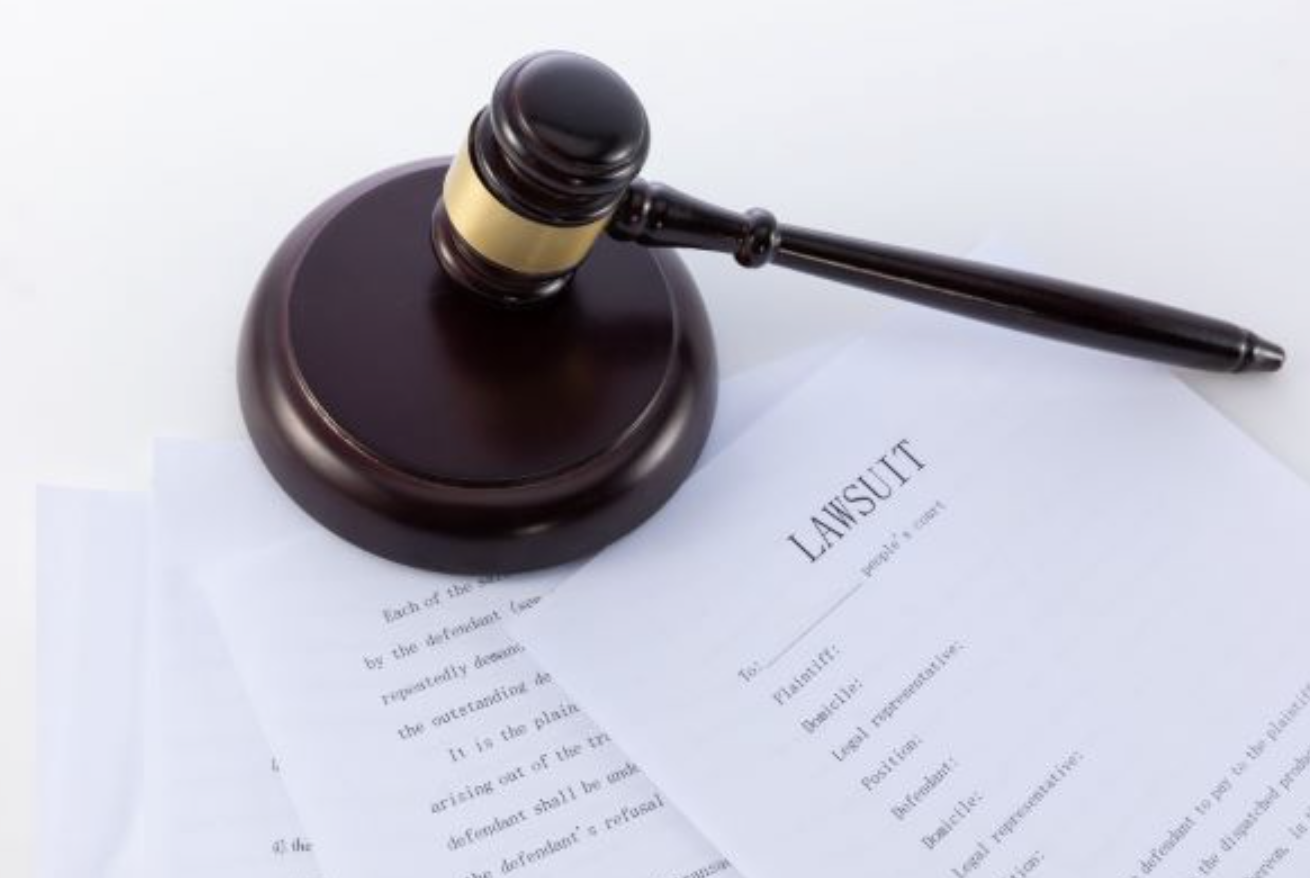Medical device injuries can lead to a manufacturer vigorously defending any negative litigation to maintain company value.
Individuals who are at risk of physical harm through the use of one of several Philips Respironics ventilators, BiPAP, or CPAP machines should read the warning issued by the U.S. Food and Drug Administration (FDA), alerting people and their health care providers that Philips Respironics has recalled certain devices due to potential health risks:
- From inhaling, or swallowing a polyester-based polyurethane (PE-PUR) substance which was used to reduce the sound in certain device models. The sound-abatement foam may break down into tiny particles that can enter the air pathway and become inhaled, or ingested.
- From toxic exposures caused by the foam that has the potential to “off-gas” toxic chemicals. “Off-gas” refers to a gas that is produced as a by-product of an industrial process, or given off by some manufactured material. Off-gases may occur based on a user’s method of cleaning the Philips device. High heat and high humidity environments also may contribute to foam degradation.
Device injury or harm
Medical device injuries can lead to a manufacturer vigorously defending any negative litigation to maintain company value. Part of that effort is to recall defective devices and repair, or replace the harmful component, or device. It is important to speak with a lawyer who has experience with product liability laws addressing the three main types of device defects. Products may result in harm due to design, manufacture, or marketing defects.
- Design. A device could malfunction because it was designed incorrectly, or there were problems at the design stage that were not addressed before the product was manufactured and made available to consumers.
- Manufacture. A device may have been designed with no defects, but during the manufacture process, or assembly of a device, a mistake that causes a malfunction during proper use may be identified, but not corrected.
- Marketing. Marketing defects usually involve a failure to warm of possible dangers, false claims related to a certain device, or inaccurate warning labels.
A product is considered defective if it poses unreasonable dangers to individuals who purchase and utilize it in accordance with the directions and warnings provided. Lawsuits for medical device defects can be built individually, or as part of a class-action lawsuit, when many individuals have suffered harms by the use of a device. Depending on the harms to your health, it may be prudent to consult with a Michigan defective device attorney at the Neumann Law Group who can explain when legal action is warranted.
Litigation

Experienced products liability attorneys can explain how defective medical device claims can be initiated by asserting product liability, breach of warranty, or strict negligence. Medical device manufactures can be sued for:
- Breach of warranty. Product fails to live up to manufacturer, or seller statements regarding the value of a medical device.
- Consumer fraud for deceptive trade practices. Basically, deceptive trade practices result in misleading, or misinforming the recipient of goods or services. The most common example of deceptive trade practice is false advertising.
- Defective product design. Strict product liability addresses products that are unreasonably unsafe, and dangerous in their design, manufacture, or method of sale.
- Failure to warn. Lack of transparency regarding possible side effects that manufacture was, or should have been aware of.
- Fraudulent, or negligent representation.
- Negligence per se, gross negligence Reasonable design and manufacture of a product upholding owed duty of care to consumer did not occur.
It is important to have the guidance of legal counsel as lawsuits for defective medical devices may require a plethora of witnesses and scientific evidence supporting device defects to prove negligence. Skilled accident attorneys at Neumann Law Group can assist injured parties with a potential defective device claim and comprehensive damage award/settlement.
Sources:
Philips Recalls Sleep Ventilators, CPAP Apnea Devices (aarp.org)
Philips issues Dreamstation CPAP recall notification | AASM
https://www.usa.philips.com/healthcare/e/sleep/communications/src-update
https://www.fda.gov/medical-devices/medical-device-safety


Join the conversation!